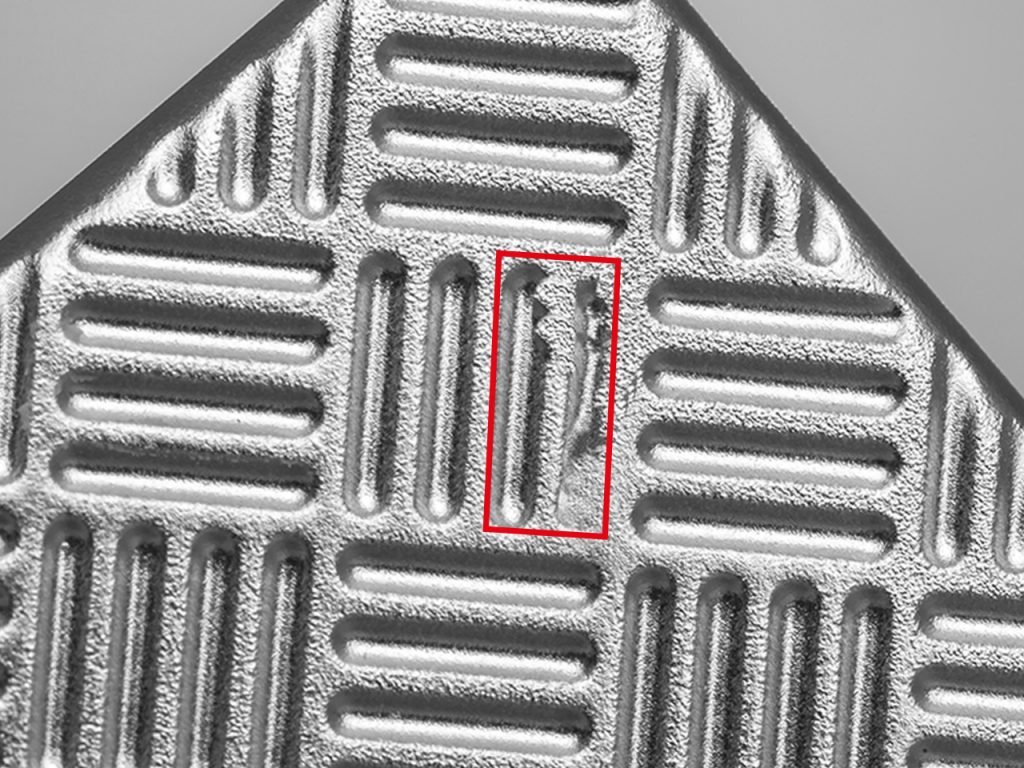In the pharmaceutical industry, ensuring the safety and quality of products is paramount, and manual inspections can often be prone to human error. To tackle this, we worked on a project that focused on automating critical inspection processes. By integrating advanced imaging technology and AI-driven algorithms, we were able to significantly improve the accuracy and efficiency of these inspections.
The Challenge: Automating Pharmaceutical Inspections
Manual inspections in pharmaceutical production are labor-intensive and can miss tiny defects that affect product safety. Our challenge was to create an automated system that could detect even the smallest issues with greater precision than manual checks, ensuring consistency and reliability throughout the process.
The Solution: Camera and Lighting System Integration
Our team focused on developing a camera and lighting system that would capture high-quality images necessary for accurate inspections. By ensuring optimal image capture, we provided the AI system, developed by Data Spree, with the data it needed to accurately detect defects. This combination of hardware and AI enabled the system to automate inspections and identify issues that might be overlooked by human inspectors.
The Results: Improved Accuracy and Efficiency
The integration of advanced imaging and AI technology resulted in a dramatic improvement in inspection accuracy. The system could detect even the smallest contaminants or defects with precision, ensuring that quality control was significantly enhanced. This automation also reduced the need for manual checks, freeing up valuable time and resources in the production process.
The Future: Advancing Automation in Pharmaceutical Processes
This project represents a major step forward in the automation of pharmaceutical inspections. By combining advanced technology with AI, we were able to demonstrate how automation can improve both the efficiency and accuracy of critical processes. As the industry continues to embrace new technologies, the potential for further improvements in quality control and operational efficiency is immense.

